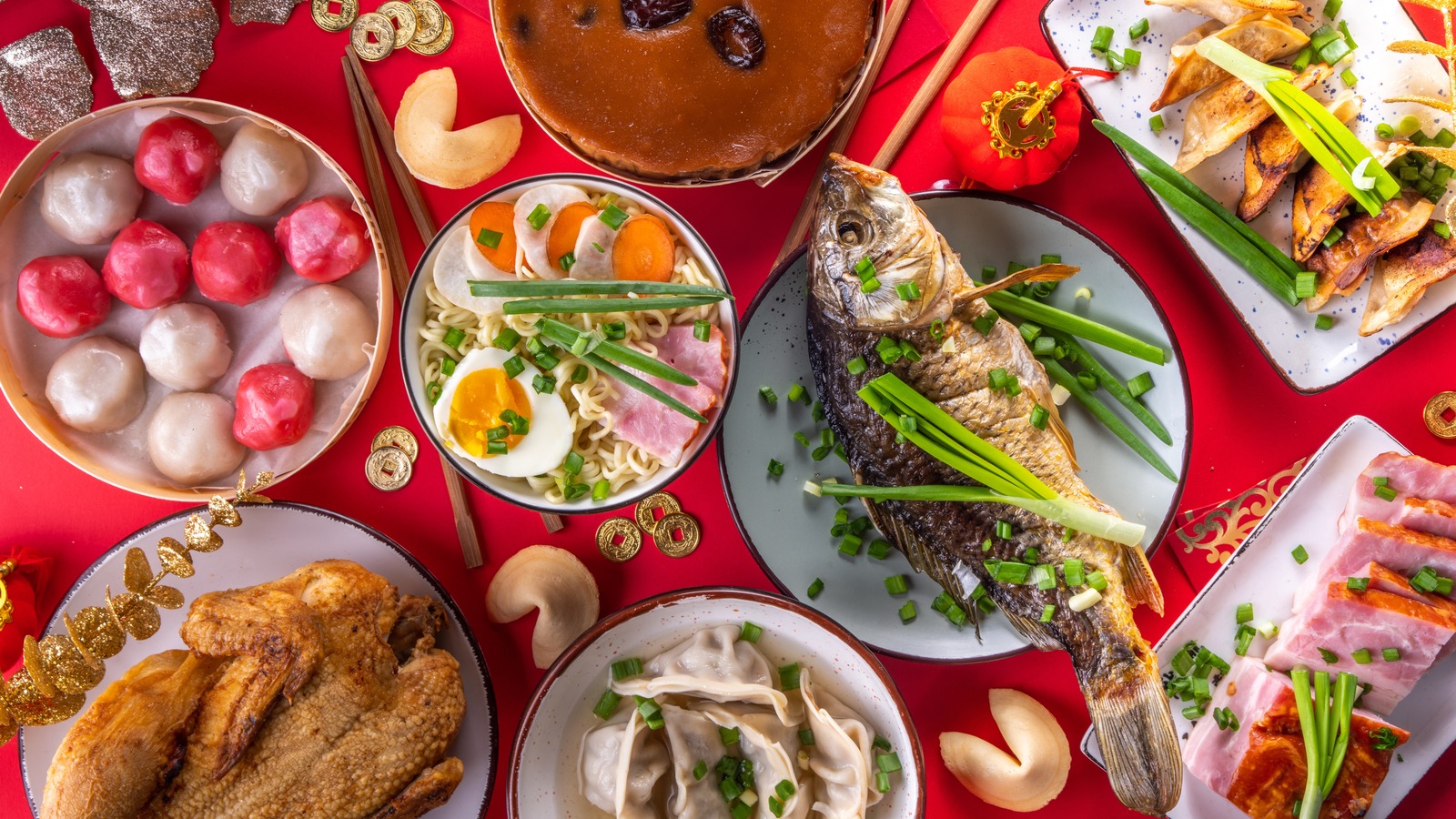
"In most cultures, food is more than just sustenance - it's a celebration of community, identity, and history. Food is deeply woven into traditions that are more important than filling an empty stomach. This is particularly true in China during Lunar New Year festivities. Even those who have never been to China or celebrated the holiday may have enjoyed some of the foods associated with it."
"There are many different types of dumplings, even within Chinese cuisine. There are the iconic pork-filled jiaozi dumplings, xiao long bao - which are filled witha delicious, savory broth - and the delicate, translucent, shrimp-filled har gow. When it comes to the Chinese New Year, however, it's jiaozi that hold particular meaning. In fact, their symbolism goes three layers deep."
Food functions as celebration of community, identity, and history across cultures, notably during Lunar New Year in China. Food symbolism operates at national festivals and intimate events like weddings and birthdays. Much symbolism derives from wordplay linking food names to auspicious meanings. Dumplings (jiaozi) symbolize renewal and transition because their name sounds like the moment the old year becomes the new; their shape resembles ancient gold ingots, symbolizing wealth; and making dumplings with family signifies familial unity and continuity. Shapes of foods also carry meaning, such as lion's head meatballs representing a well-rounded year. Experts promote these traditions more widely.
Read at Tasting Table
Unable to calculate read time
Collection
[
|
...
]